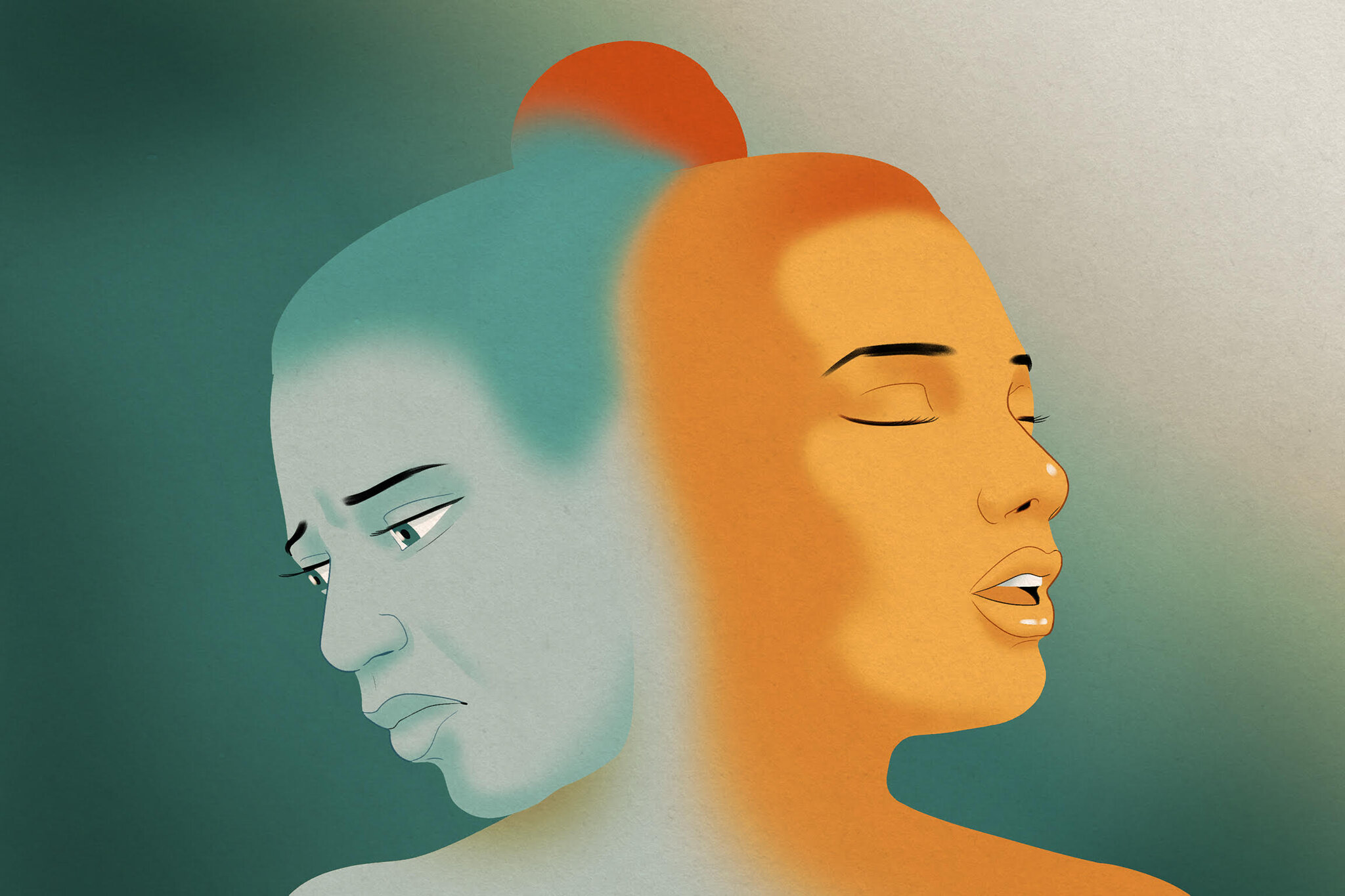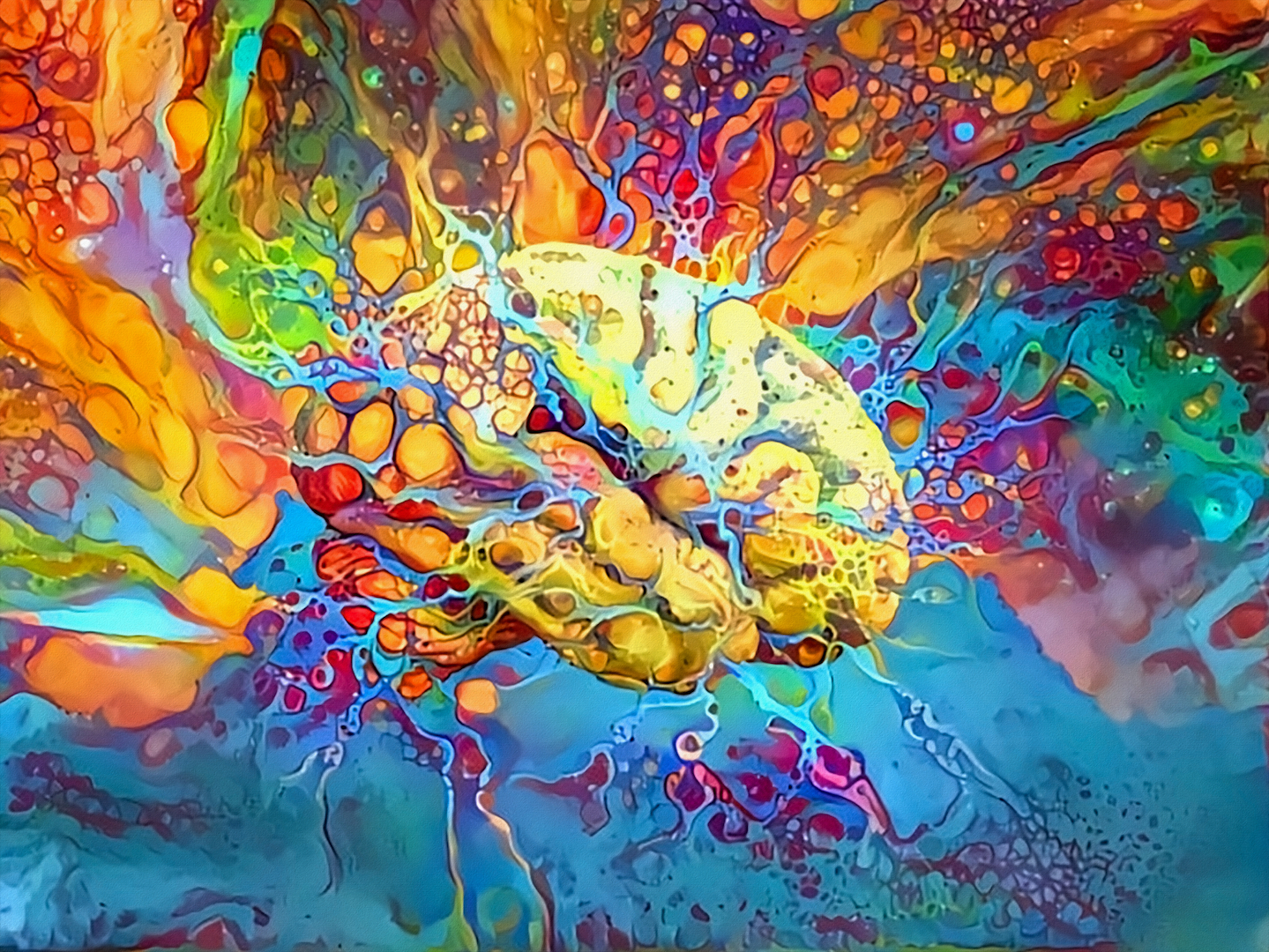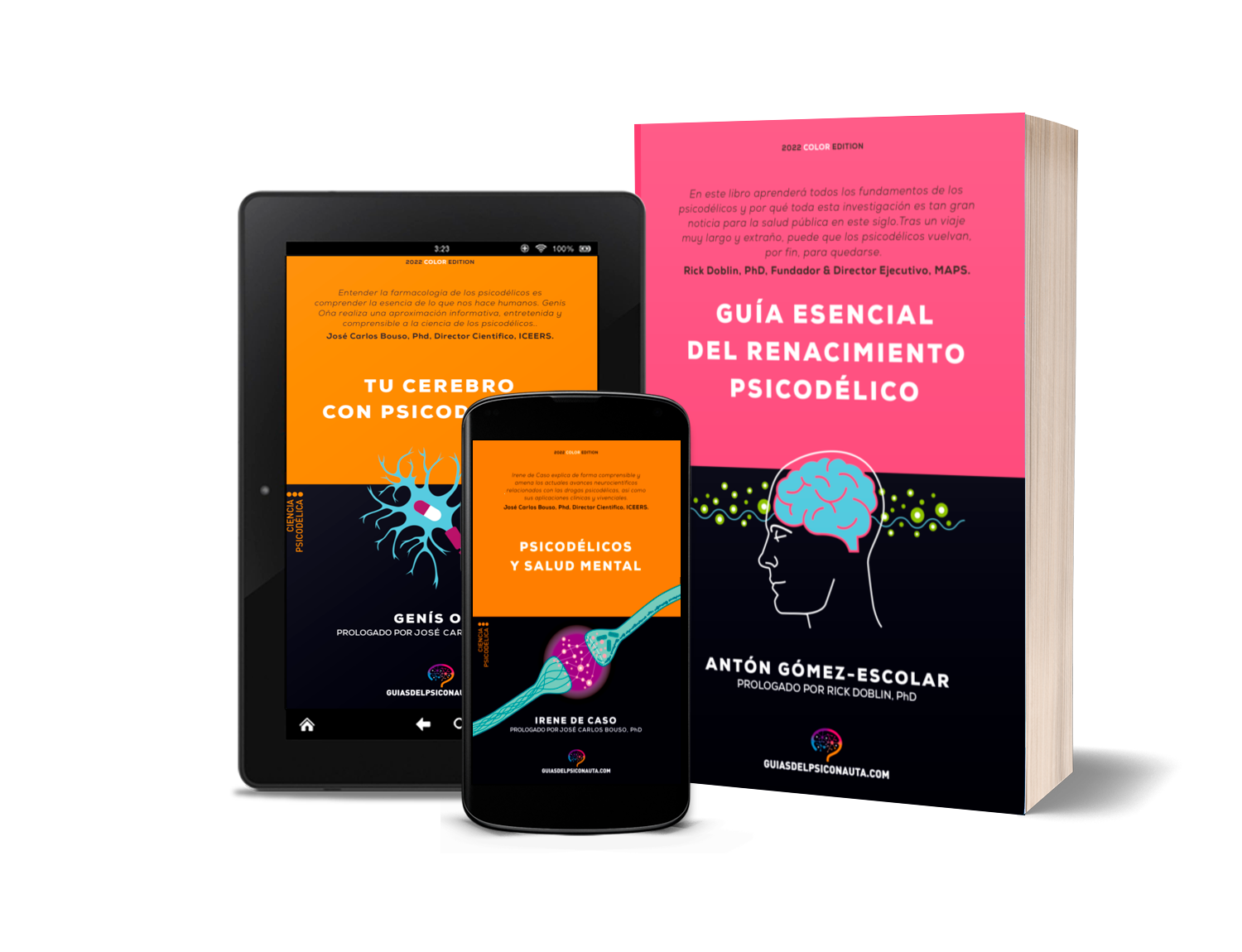By Gabriel García April 26, 2024
Marijuana Moment has reported new research from the American Medical Association (AMA) has found that the use of psilocybin in the context of therapy significantly reduces the risk of long-lasting adverse effects. The study, published in JAMA Psychiatry in April, shows that the use of a single dose of psilocybin “is not associated with risk of paranoia”, and other adverse effects, such as headaches, are generally “tolerable and resolve within 48 hours”.
Growing Interest in Psychedelic Therapy
With growing public interest in the therapeutic potential of psychedelics, researchers at the University of Georgia, Larkin University and Palm Beach Atlantic University set out to better understand the possible negative effects of psilocybin treatment. The study consisted of a meta-analysis of double-blind clinical trials using psilocybin to treat anxiety and depression from 1966 to last year.
Demystifying Paranoia and Other Adverse Effects
Psychedelics are often portrayed in the media as substances that can cause intense paranoia, especially in recreational contexts. However, the study authors noted that psilocybin “is not associated with risk of paranoia or transient thought disorders”.
In addition, the researchers identified five adverse effects reported among certain patients in clinical trials: headache, nausea, anxiety, dizziness and elevated blood pressure. However, they mentioned that the acute adverse effect profile of single-dose therapeutic psilocybin appeared to be “tolerable and resolved within 48 hours”.

## Need for Future Studies Although serious adverse effects such as paranoia and prolonged perceptual visual effects were “infrequent”, the team stressed that these rare cases “deserve attention” and should be “monitored over the long term”.
“Proper management of these adverse effects requires further investigation,” the study notes. “In addition, the role of licensed therapists in the management of adverse effects presents an avenue for future research.”
New Horizons in Psychedelic Therapy
Meanwhile, the AMA released a separate study last month that contradicts commonly held beliefs about the potential risks of psychedelic use, finding that the substances “may be associated with lower rates of psychotic symptoms among adolescents.”
In addition, results of a clinical trial published by the AMA in December “suggest efficacy and safety” of psilocybin-assisted psychotherapy for the treatment of bipolar II disorder, a mental health condition often associated with debilitating and difficult-to-treat depressive episodes.
Another recent study published by the AMA in August found that people with major depression experienced a “clinically significant sustained reduction” in their symptoms after just one dose of psilocybin.
The Entourage Effect in Psychedelic Therapy
In addition, research suggests that the use of full-spectrum psychedelic mushroom extract has a more powerful effect than chemically synthesised psilocybin alone, which may have implications for psychedelic-assisted therapy. The findings imply that the experience with entheogenic mushrooms may involve a so-called ‘entourage effect’, similar to that observed with cannabis and its multiple components.
In summary, these studies open up new possibilities for the therapeutic use of psilocybin and other psychedelics, providing hope for those who have found little relief from conventional psychiatric treatments. Ongoing research will continue to be crucial to fully understand and maximise the therapeutic benefits of these substances.

If you are interested in learning more about this exciting world, we invite you to consult the Psychonaut’s Guides by Argonowta. These books will give you a broad and balanced view of psychedelics and their potential therapeutic effects. Remember, however, that these substances are not a panacea or a magic solution to all your problems. Their use requires professional guidance, an appropriate context and a responsible attitude. Psychedelics can be a powerful tool for personal change, but they can also be dangerous if used inappropriately or irresponsibly.
The Psychonaut’s Guides from Argonowta Publishing is a collection of books that explain in a rigorous and accessible way the scientific, historical, cultural and experiential aspects of psychedelic substances. These guides offer updated and contrasted information on the therapeutic and neuroscientific applications of psilocybin, LSD, DMT and MDMA, as well as practical advice on how to prepare, carry out and take advantage of psychedelic experiences. The Psychonaut’s Guides are a must-have reference for anyone interested in learning about the psychedelic renaissance that is transforming mental health and changing lives.






